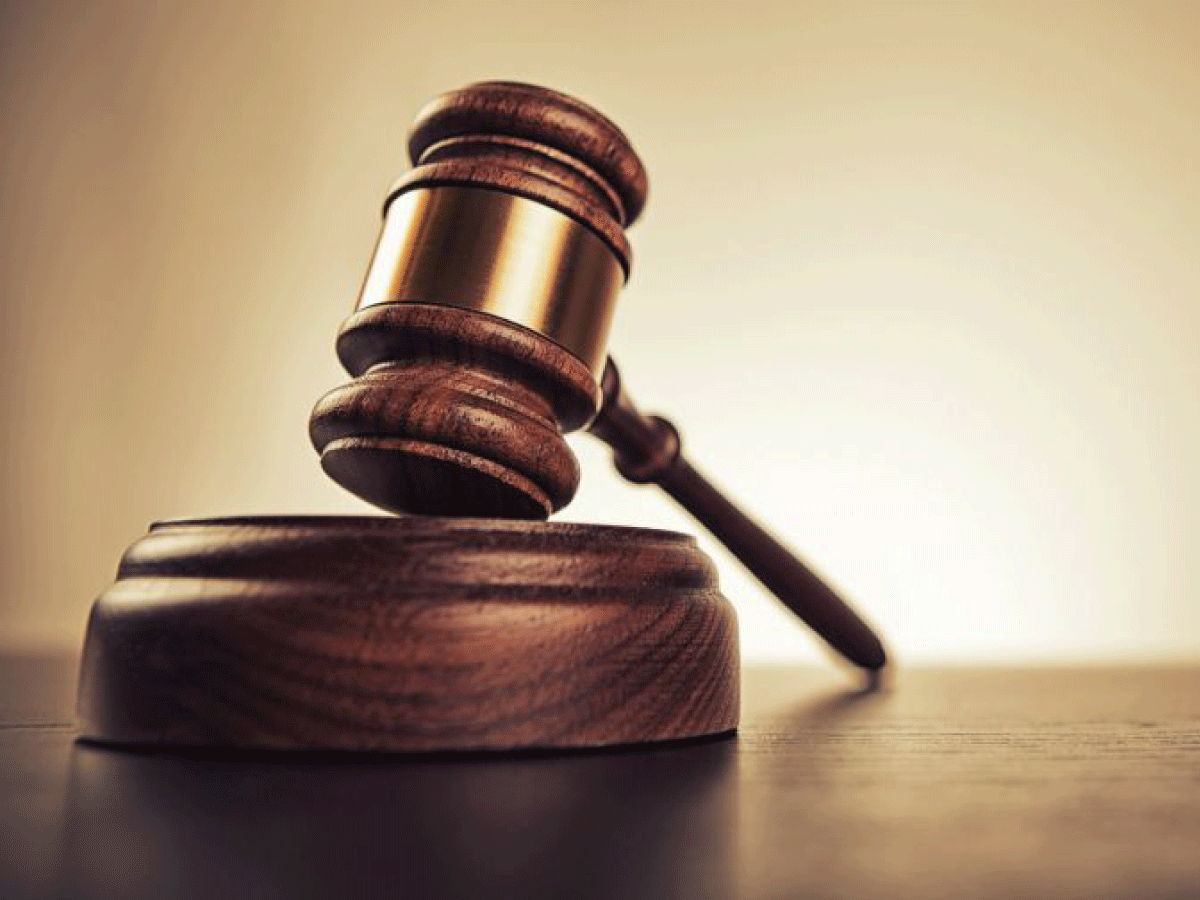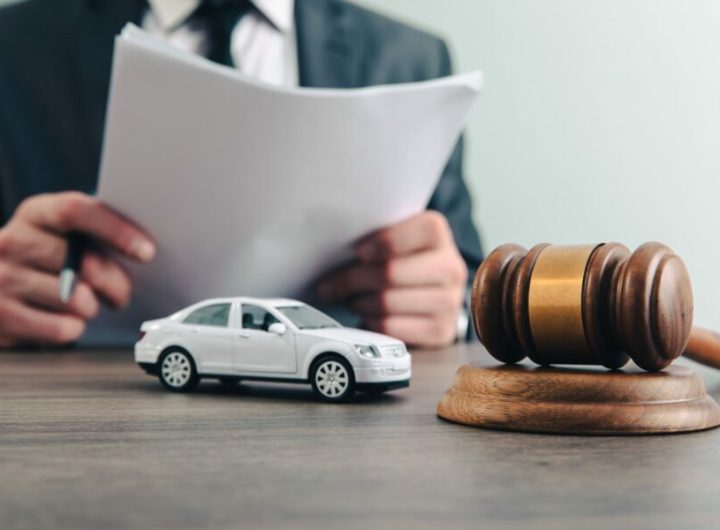
Often, car accidents happen because of driver negligence. Inexperienced drivers, distractions, and faulty design are among the reasons. Sometimes, animals cross the road. This causes drivers to swerve or lose control of their cars. Other times, negligence is a factor in car accidents. Regardless of the cause, avoiding an animal on the road can help prevent an accident. Here are four reasons why accidents happen.
Distracted driving
Distracted driving also leads to aggressive ticketing by police. When dealing with car accidents, people often opt Chico car accident lawyer to represent behalf of them. Distracted driving can cause car accidents in any situation, but it harms the safety of others on the road. Cell phone use while driving is a leading cause of car accidents, especially among younger drivers. Nearly half of teenagers admit to texting or talking on their cell phones while driving. This behavior is hazardous, resulting in one in every ten crashes involving drivers under 20. In addition, distracted drivers’ speed is more significant than their cars’ reaction times, resulting in higher impact and more severe injuries. However, there is no one-size-fits-all answer for preventing distracted driving.
Inexperienced driving
Teenage drivers are more likely to be involved in crashes than experienced drivers. Whether speeding or distracted driving, teenage drivers are likely to make poor decisions and end up in an accident. They are also prone to making impulsive decisions and weaving through traffic. These factors can cause an accident, and victims of such accidents can often claim total compensation for injuries. Teenage drivers may also be responsible for causing accidents, especially if riding in the car with another teen.
Teen inexperienced drivers are the leading cause of auto accidents in the US. The US Centers for Disease Control reported that more than 2,700 teenagers were injured in car accidents in 2010 and that more than 280,000 teens were treated in emergency departments for injuries sustained in motor vehicle collisions.
Design defects
When a car is made, it may have many design defects. These problems can be dangerous for the average user, and even trained mechanics cannot detect them. When a car is manufactured with proper materials and assembly, it is still possible for a design defect to exist. The design defect makes the vehicle unsafe for regular use and can result in an accident. The vehicle manufacturer should be held accountable for the car’s failure to be safe and must be held responsible.
Many automobiles are built with hundreds of parts, and each can have a defect. A design defect can cause a car accident; many of these parts may be the culprit. Some design defects cause car accidents, including Toyota models and the Ford Explorer. Some drivers may find it difficult to change lanes without causing an accident. To prevent accidents caused by unsafe lane changes, drivers should use their turn signals and check their blind spots before making a lane change.
Running stop signs
A common problem that causes thousands of car accidents every year is drivers who fail to slow down at stop signs. While it is illegal to run stop signs, doing so can have disastrous consequences. Some drivers are impulsive and may not stop in time, while others may have little or no regard for safety. A distracted or inattentive driver is particularly vulnerable to accidents involving running stop signs. Not only are drivers putting themselves and other drivers at risk when they run stop signs, but they are also putting pedestrians and bicyclists at increased risk of injury. Several studies have shown that drivers who ignore stop signs are three times more likely to have an accident. Cell phone cameras can help prove negligence by providing evidence of when and where an accident occurred. Cell phone photos and videos can show where cars hit stop signs, where the vehicles were struck, road debris, and injuries.
Failure to yield the right-of-way
When a driver fails to yield the right-of-way, they may be negligent and cause a car accident. Failing to pay for an accident can have economic and noneconomic consequences. Monetary damages can cover medical bills, lost income, out-of-pocket expenses, household services, and pain and suffering. Cracks can also be awarded to the victim’s spouse for loss of consortium.
The legal consequences of a car accident involving a driver failing to yield the right-of-way are severe. Besides a citation, the injured victim may face a long list of expenses, including medical bills, lost time from work, and damage to their property. In such a situation, an attorney can help you determine who is at fault. If you have been injured in a car accident caused by a driver’s failure to yield the right-of-way, contact an attorney to discuss your options for recovering compensation.


 Why Having a Will or Trust Matters After a Serious Personal Injury
Why Having a Will or Trust Matters After a Serious Personal Injury  Parking Lot Accidents: Why They’re More Complicated Than You Think
Parking Lot Accidents: Why They’re More Complicated Than You Think  Uncovering the Realms of Property Division During a Divorce Case
Uncovering the Realms of Property Division During a Divorce Case  Estate Planning After Divorce: Protecting Your Financial Future in Boston
Estate Planning After Divorce: Protecting Your Financial Future in Boston  The Role of Evidence in Winning a Car Accident Claim in Atlanta
The Role of Evidence in Winning a Car Accident Claim in Atlanta  Understanding Executor Fee Structures and Probate Compensation Standards in California
Understanding Executor Fee Structures and Probate Compensation Standards in California  Smart Strategies a Harlem Personal Injury Lawyer Uses to Maximize Car Accident Settlements
Smart Strategies a Harlem Personal Injury Lawyer Uses to Maximize Car Accident Settlements